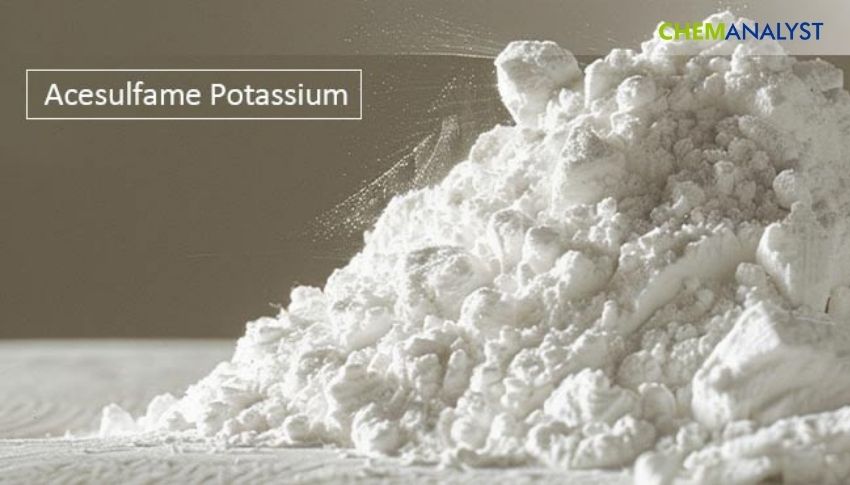Welcome To ChemAnalyst

In July 2025, the global Acesulfame Potassium market saw a slowdown as pharmaceutical, nutraceutical, and food & beverage manufacturers moderated purchases. Large orders placed in June to meet summer-season production left buyers with balanced inventories, reducing restocking urgency. End-user demand did not materialize as anticipated, prompting suppliers to adjust strategies to align with softer intake. With freight rates stable and no major supply disruptions, market activity remained subdued. Demand is expected to stabilize in the near term, with only gradual improvements anticipated as inventories decline.
The global market of Acesulfame Potassium has witnessed a correction in July xxxx as the market value declined after the sharp price gains in June. The price adjustment came as the core downstream consumers for pharmaceutical-grade Acesulfame Potassium have strategically slowed their purchases. The large-scale procurement was undertaken to align with summer-season production schedules in June in an expectation of strong seasonal demand for flavoured medicines, functional beverages and sugar-free confectionery. However, the end-user offtake in these sectors fell short of projections which left the buyers with well-balanced inventories by July. The purchasing urgency reduced as the production cycles were already covered with the inventory buffers in place which created a downward pressure on the prices across major export and import hubs.
The Acesulfame Potassium suppliers in the global market have adopted the strategic pricing adjustments in July to align with...
We use cookies to deliver the best possible experience on our website. To learn more, visit our Privacy Policy. By continuing to use this site or by closing this box, you consent to our use of cookies. More info.
